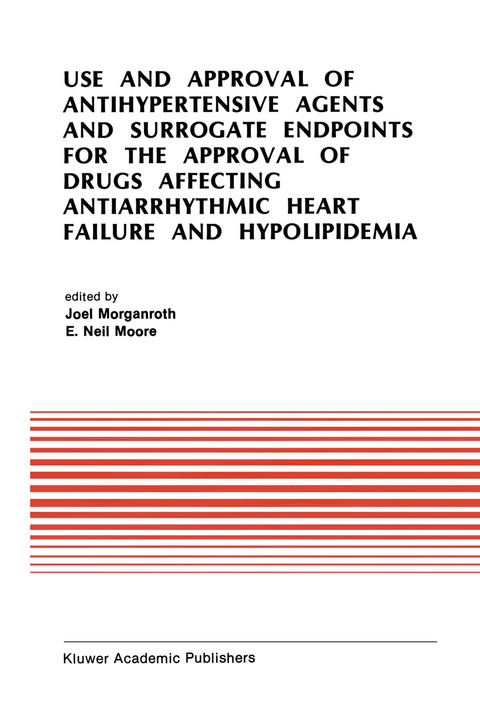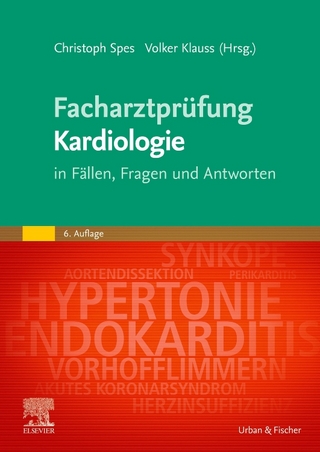
Use and Approval of Antihypertensive Agents and Surrogate Endpoints for the Approval of Drugs Affecting Antiarrhythmic Heart Failure and Hypolipidemia
Springer-Verlag New York Inc.
978-1-4612-8809-1 (ISBN)
I. Approaches and Methods to Studying Antihypertensive Drugs.- 1. New concepts in antihypertensive drug therapy.- 2. Is ambulatory blood pressure monitoring required to define the hypertensive patient and to detect efficacy?.- 3. What vascular effects should be measured in antihypertensive drug research?.- 4. Is it necessary to demonstrate changes in left ventricular hypertrophy in the evaluation of antihypertensive drugs?.- 5. Clinical trials of antihypertensive agents.- 6. How does one define dose-duration of an antihypertensive drug? What is the role of non-Mem and the Peak/Through measurement.- II. What Should be Required for FDA Approvability of a New Antihypertensive Drug?.- 7. What have we learned from prior clinical trials of antihypertensive drug therapy?.- 8. Are specific studies in elderly patients required for FDA approvability of a new antihypertensive drug?.- 9. Do we need any more antihypertensive drugs: The validity of a change in blood pressure as the only endpoint for approvability?.- 10. The cost and time to develop a new antihypertensive drug depending upon the endpoint.- III. Surrogate Endpoints to Define Risk VS. Benefits.- 11. What should be required for FDA approvability of a new antihypertensive drug? What is the FDA’s viewpoint?.- 12. Are there valid surrogate endpoints for mortality that can be used to evaluate the effects of antiarrhythmic drug therapy?.- 13. How to demonstrate the efficacy of a new drug for the treatment of chronic heart failure.- 14. Testing the relationship between cholesterol lowering and cardiovascular disease — past, present, and prospects.- Participant List.
| Erscheint lt. Verlag | 5.10.2011 |
|---|---|
| Reihe/Serie | Developments in Cardiovascular Medicine ; 112 |
| Zusatzinfo | X, 230 p. |
| Verlagsort | New York, NY |
| Sprache | englisch |
| Maße | 155 x 235 mm |
| Themenwelt | Sachbuch/Ratgeber ► Natur / Technik ► Garten |
| Medizinische Fachgebiete ► Innere Medizin ► Kardiologie / Angiologie | |
| ISBN-10 | 1-4612-8809-6 / 1461288096 |
| ISBN-13 | 978-1-4612-8809-1 / 9781461288091 |
| Zustand | Neuware |
| Informationen gemäß Produktsicherheitsverordnung (GPSR) | |
| Haben Sie eine Frage zum Produkt? |
aus dem Bereich


